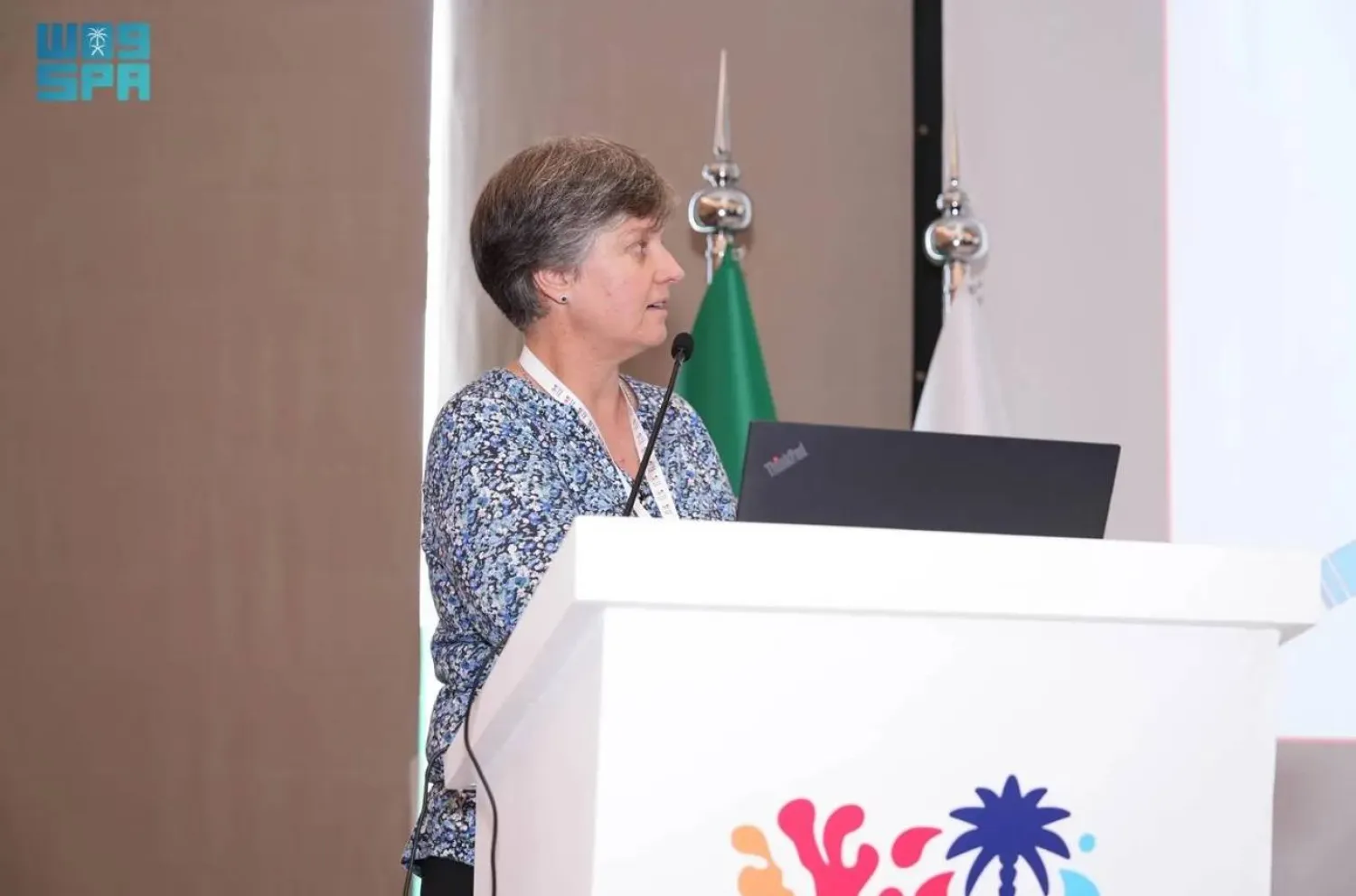Saudi Arabia hosted the inaugural International Symposium for the Conservation of Sea Turtles in the Red Sea, gathering 93 environmental experts, academics, and biodiversity specialists from 10 countries. Held in Jeddah from November 3 to 6 under the theme “Navigating the Future: Advancing Sea Turtle Conservation in the Red Sea through Science, Collaboration, and Innovation,” the symposium marked a significant step toward unified conservation efforts in the region.
Organized by the General Organization for the Conservation of Coral Reefs and Turtles in the Red Sea (SHAMS), this pioneering event—the first of its kind—highlights the Kingdom's commitment to environmental sustainability and global collaboration in protecting Red Sea marine life. Aimed at addressing the pressing challenges facing sea turtles, the symposium aligns with international conservation obligations and seeks to safeguard the region’s natural heritage.
Over four intensive days, the conference showcased the latest research and identified solutions to urgent environmental issues. The event featured seven keynote addresses by leading international experts, along with 31 presentations and four working groups focused on strengthening conservation strategies. Key discussions covered the current state of sea turtle protection in the Red Sea and explored innovative actions to establish a comprehensive conservation framework for the region.
Workshops held during the symposium emphasized an integrated approach to safeguard sea turtles in critical habitats, such as the Ras Baridi breeding sites, which face environmental threats. Participants also gained insights into the efforts of the International Union for Conservation of Nature’s Marine Turtle Specialist Group (IUCN MTSG) and the Northwest Indian Ocean Turtle Study Team (MTTF NWIO) under the IOSEA Convention’s guidance.
One major outcome of the symposium was the agreement to develop a regional action plan for sea turtle conservation, alongside bilateral initiatives among Red Sea nations to rehabilitate turtle nesting beaches and provide strategic support for future conservation efforts. Additionally, the conference promoted partnerships with universities to facilitate international mentoring for Saudi students and fostered local collaborations aimed at preserving vital turtle habitats, particularly on the "Four Sisters" islands. Recently designated by SHAMS as requiring specialized environmental management, these islands represent a unique ecosystem that will receive targeted conservation efforts.
This landmark symposium underscores the Kingdom’s dedication to environmental preservation and paves the way for collaborative, science-driven solutions to ensure the sustainability of Red Sea biodiversity.









